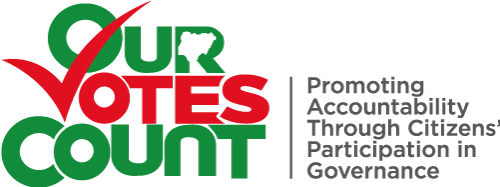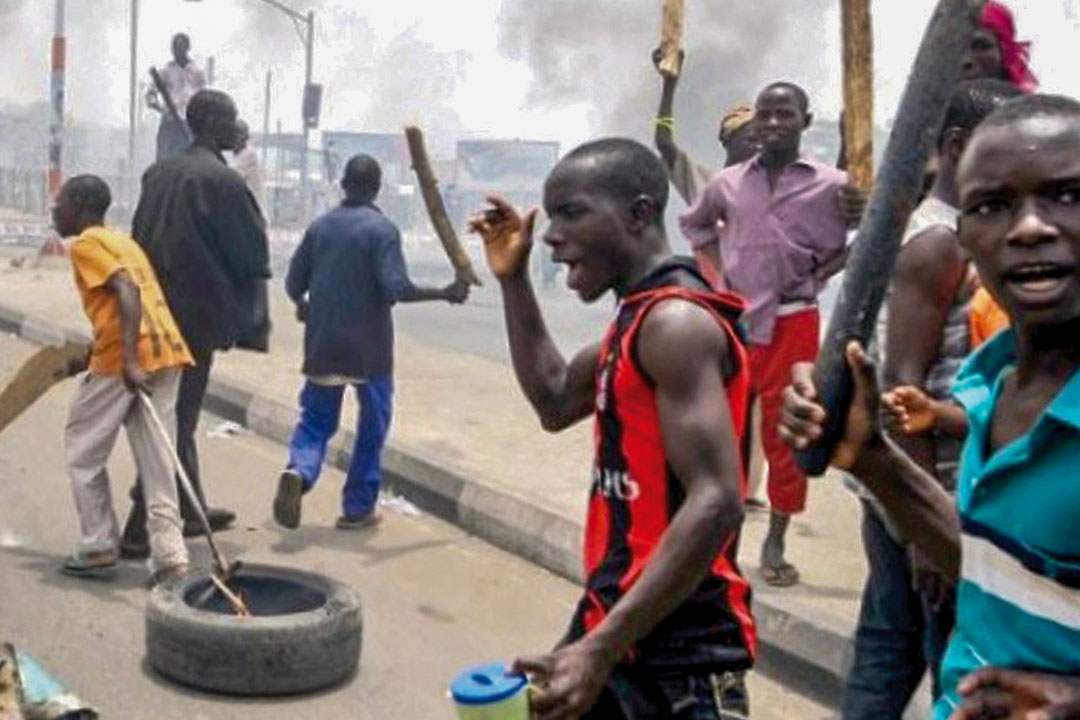Election violence generally involves political parties, their supporters, journalists, agents of government, election administrators and the general population. It includes threats, assault, murder, arson, destruction of property, and physical or psychological harm.
One of the recurring decimals in political contests in Nigeria has been the resort to violence as a means of expressing dissatisfaction with the outcome of elections, especially by individuals or political parties at the losing end. Many resort to violence as an instrument to intimidate and dominate political opponents and these incidences of violence are usually as a result of one or all of the following factors: ideological differences, manipulation of election and electoral processes and procedures, unmet expectations and failure of law enforcement.
One common factor in the perpetration of political violence is the engagement of thugs and miscreants, who makes themselves available as willing tools to be manipulated by politicians to achieve inordinate ambitions. Unemployment and illiteracy are two of the primary factors that swell the pool of the predominantly youth population that allow themselves to be used as thugs.
Between 1st June 2006 and 31st May 2011, there were 7,645 incidents resulting in 30,373 deaths. Most incidents produce a small number of casualties and last only one day – Nigeria Watch (Third Report on Violence in Nigeria 2006-2011)
According to the Institute of Peace and Conflict Resolution (IPCR) and UNDP (2003) the most common factor in the causes of conflict today is the phenomenon of political corruption exacerbated by a culture of impunity. The concentration of resources in the state makes the possession of political power very lucrative and the competition for political positions very intense. Given the high casualty rate and the nature and implication of spiralling violence in Nigeria, it will be ominous to just sit back and watch without making adequate preparations to curtail the monster of violence in light of the imminent 2015General Elections.
The strategic efforts of the security agencies to combat election violence are quite commendable, especially the resort to mass citizen outreach by the Nigeria Police. To complement this effort, it is important to develop a national voter education module that focuses on amplifying the benefits of peaceful conduct of elections, smooth leadership transition and the pivotal roles of the citizenry in actualising these ideals. This will create a trickle-down effect and ensures speedy transmission of the desired message to the grassroots.
In addition, conscious and concerted efforts must be directed at dismantling the prebendal mode of political behaviour, which sees politics as the clearinghouse for jobs, contract, and official plunder.
Nigeria will be great again but a greater number of the citizens must become active, involved and engaged in the electoral process. Let us make our votes count!
John Oke
January 2015

